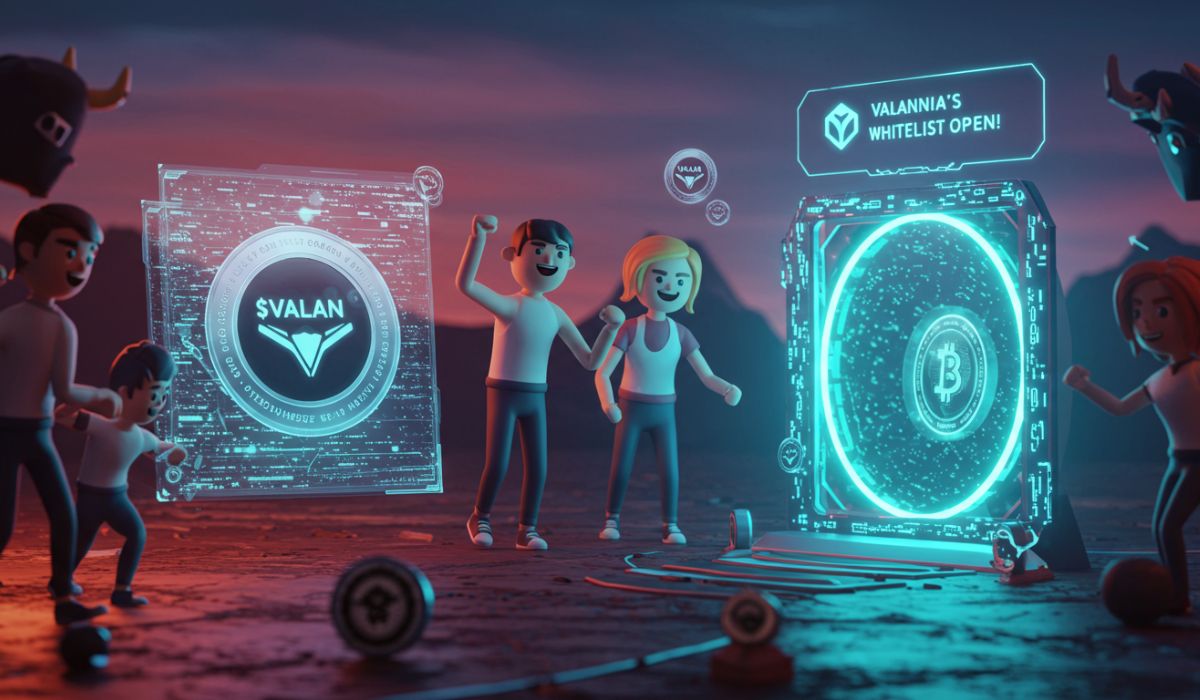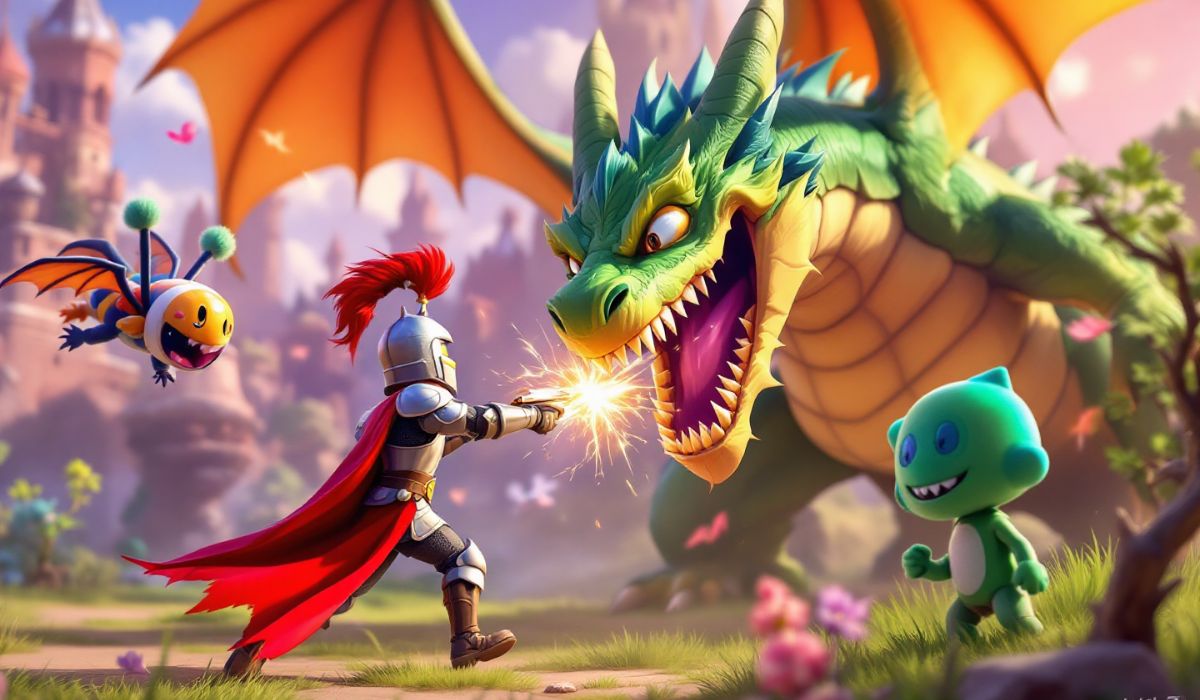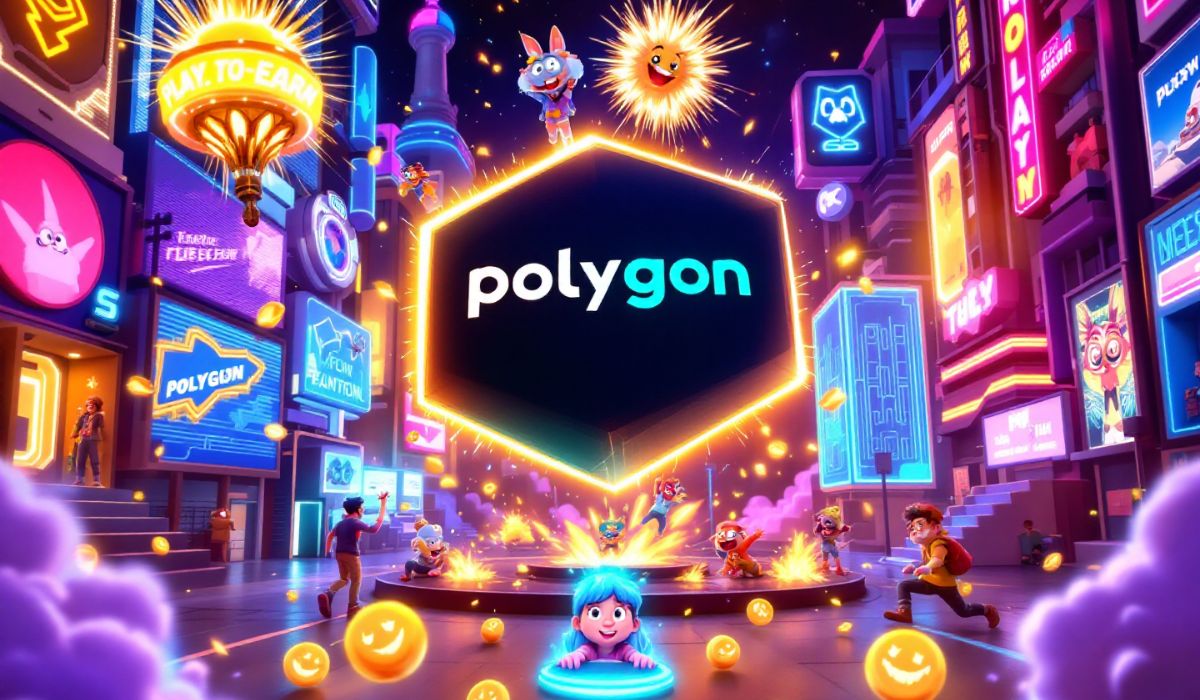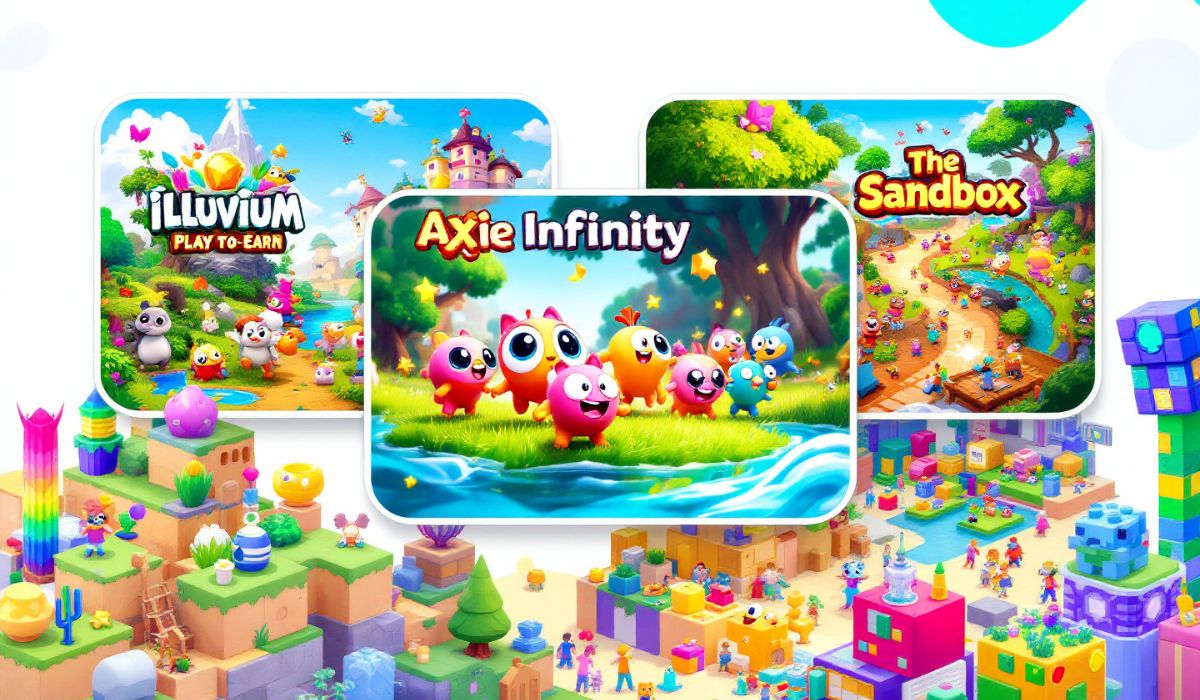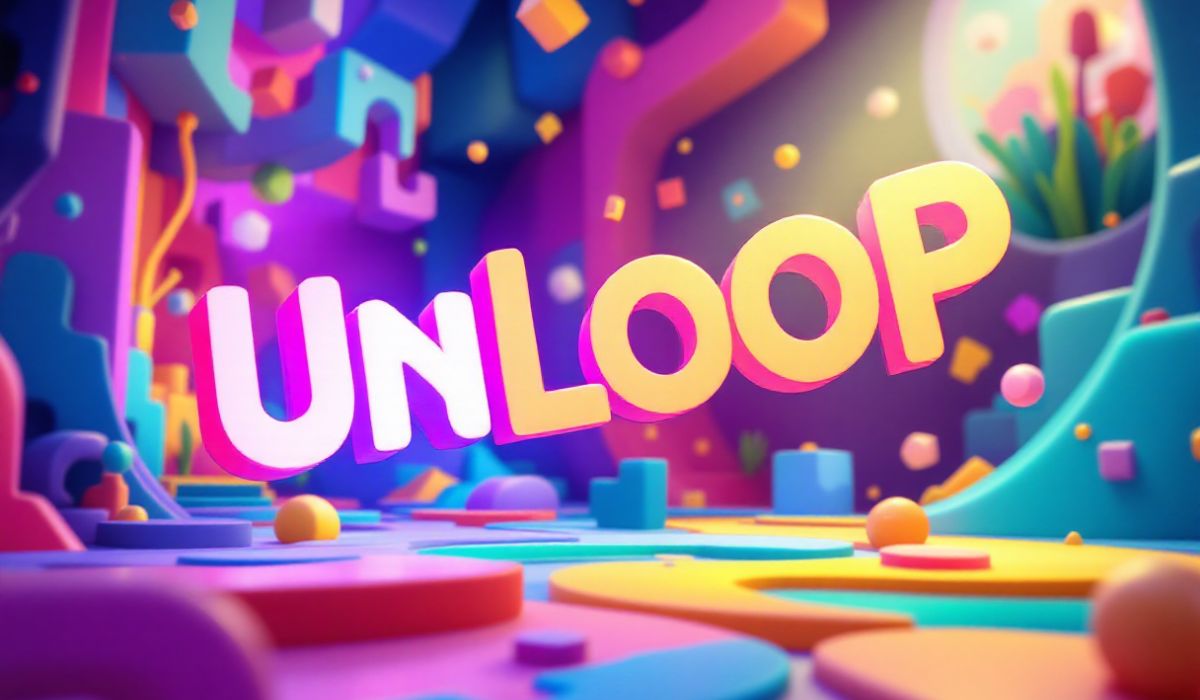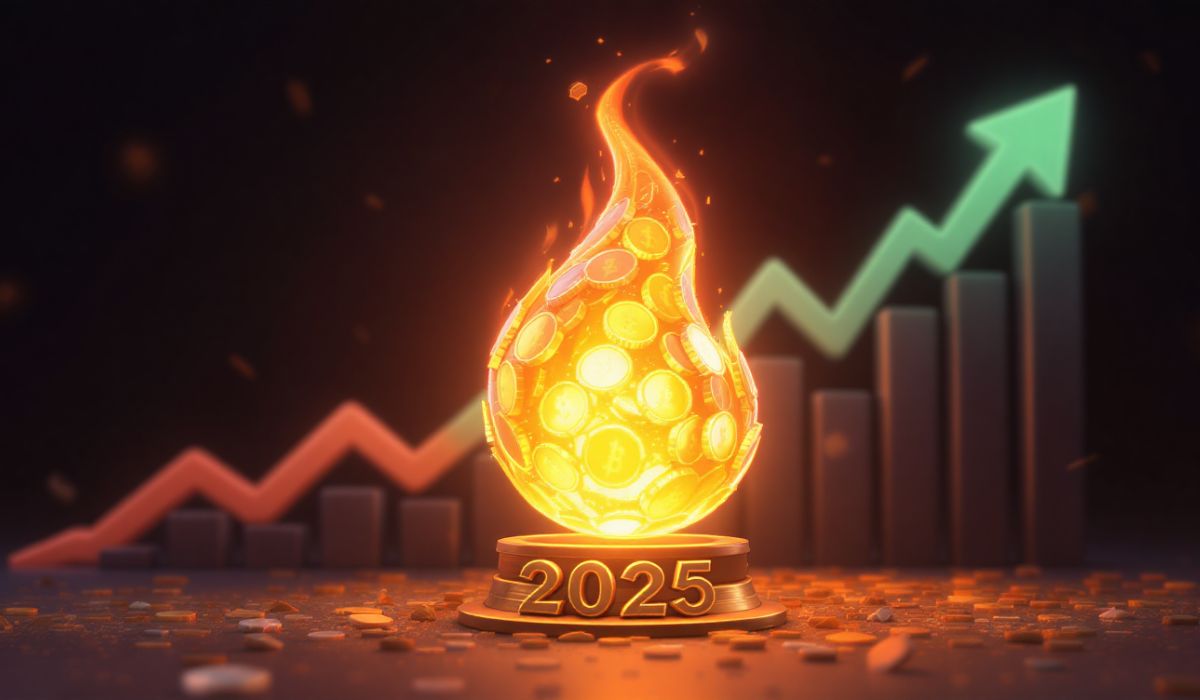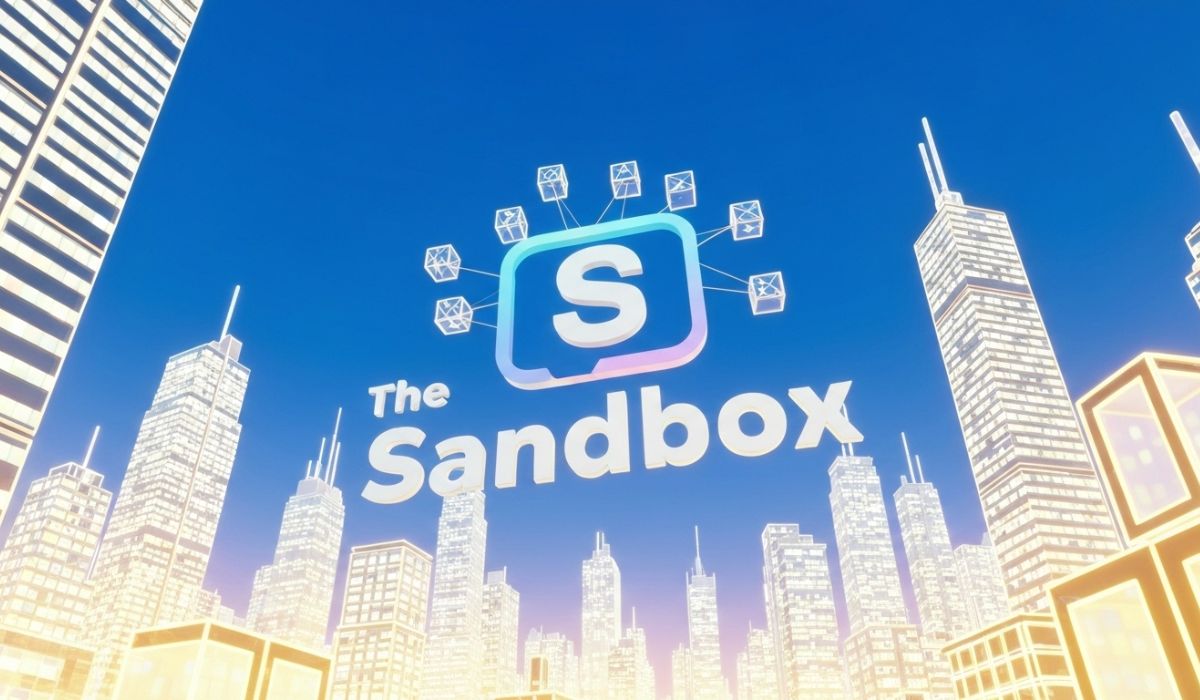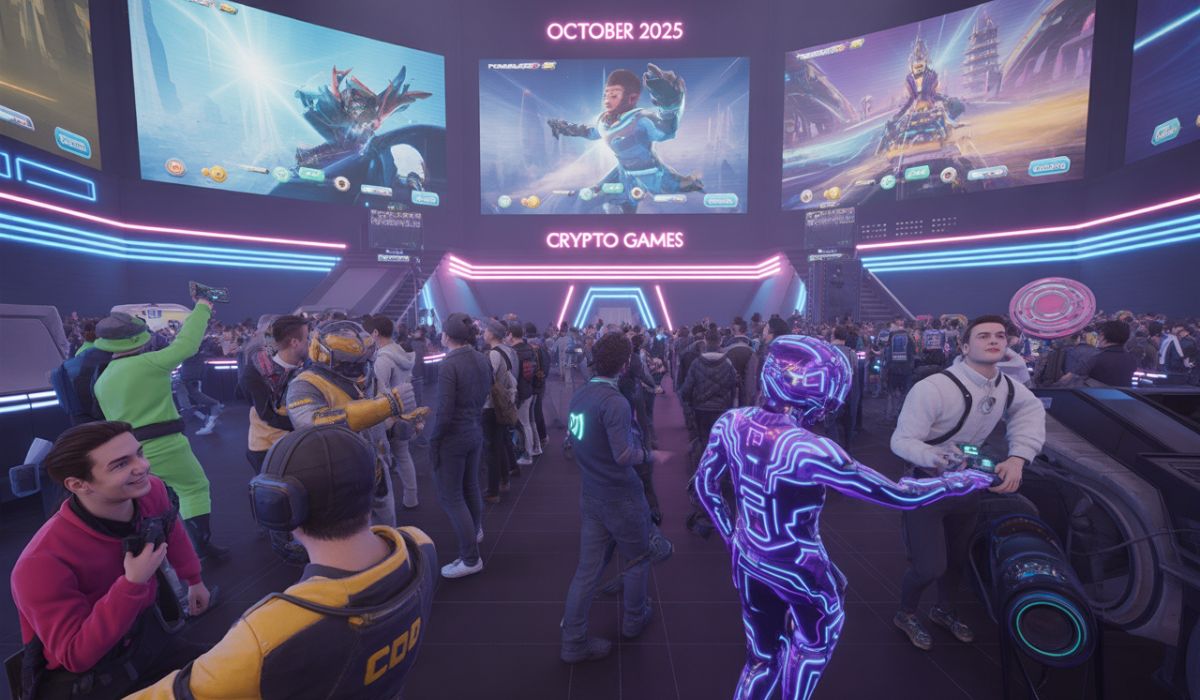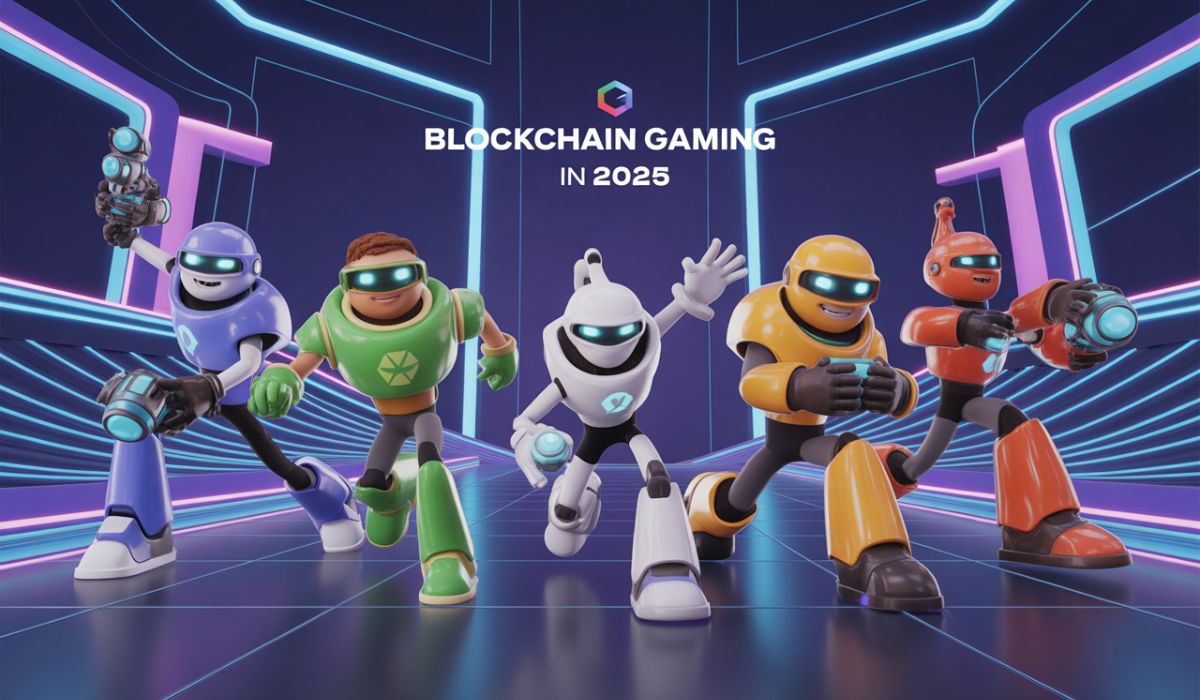Hell Is Us and More: September’s Must-Play Metaverse Games from Project O to Star Atlas
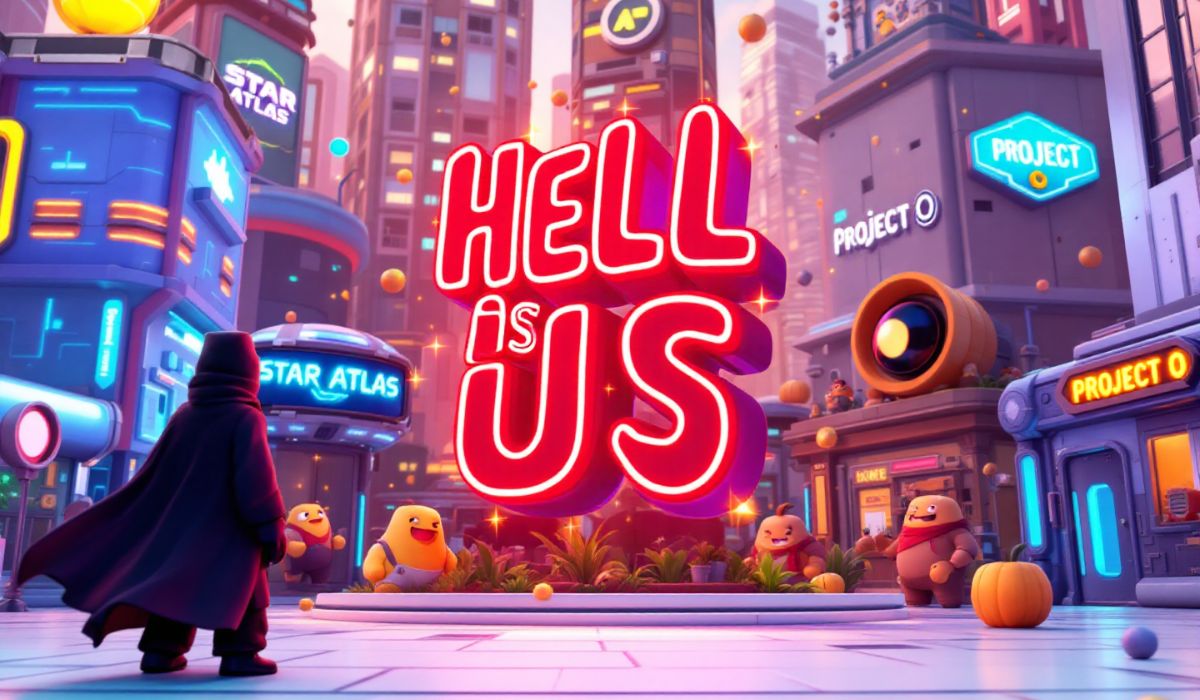
The metaverse is becoming a major part of gaming, blending virtual worlds with blockchain-based economies. September 2025 brings a wave of exciting titles that combine story-driven experiences, competitive challenges, and digital ownership. From the dark landscapes of Hell Is Us to the strategic battles of Project O and the interstellar adventures of Star Atlas, this month’s lineup highlights just how far metaverse games have evolved.
Hell Is Us: A World of Survival and Exploration
Released on September 4, Hell Is Us offers a unique take on action-adventure gameplay. Developed by Rogue Factor, it transports players into a post-apocalyptic world filled with mystery and danger. Unlike many games that rely on maps or clear markers, this title encourages exploration through its environment. Players must pay attention to surroundings, using environmental cues to uncover secrets and progress through the game.
The atmosphere plays a central role. Dark visuals, detailed landscapes, and immersive sound design create a sense of tension. Combat is seamless and rewarding, giving players both challenge and satisfaction. Although Hell Is Us does not directly use blockchain technology, its open-world design has drawn interest from metaverse fans who value narrative-driven experiences before stepping into tokenized ecosystems. Early feedback has praised the game’s potential, calling it a standout in an increasingly crowded genre.
Project O: Blockchain Meets Mobile Card Battles
For those seeking a true web3 experience, Project O is gaining attention. Developed by Koin Games and launched on August 19, the game is now in full swing with tournaments running throughout September. Unlike traditional card games, Project O combines fast-paced mobile matches with blockchain ownership. Each battle lasts about seven to nine minutes and uses a three-lane system. Players collect, trade, and battle with digital cards that are stored as NFTs on the Immutable zkEVM blockchain. This design ensures every card is truly owned by the player, allowing it to be traded freely in the marketplace. Rare cards hold real value, and victories can generate tangible rewards.
One of the biggest advantages is its accessibility. Thanks to account abstraction, players do not need to worry about complicated wallets or gas fees. Matches are smooth, and the collector’s economy feels natural within the competitive system. With its roots in both mobile gaming and blockchain, Project O is positioning itself as a leader in the trading card genre.
Star Atlas: Exploring the Universe with Blockchain Power
Star Atlas continues to expand its ambitious metaverse on the Solana blockchain. September has been particularly important for the game with the launch of its new “Zink” blockchain layer and an airdrop campaign. Players step into a vast galaxy built with Unreal Engine 5, where they can command ships, mine resources, and form alliances. The addition of zProfiles special zero-knowledge identities marks a turning point for blockchain gaming. These profiles record actions on-chain, allowing reputation and achievements to be carried across different apps. This creates a sense of identity and persistence beyond just one game.
To welcome new players, Star Atlas introduced a free-to-play browser mini-game this month. It requires no crypto wallet upfront, lowering barriers for casual users. Competitions in this mode feature $5,000 USDC in prizes along with exclusive in-game items. On-chain data shows a surge in activity, with ATLAS token transactions rising by over 35% and more than 12,000 wallets joining since the Zink preview was revealed. The team behind Star Atlas has described Zink not only as a blockchain but as the foundation for long-term metaverse independence.
Other September Highlights
The metaverse space this month is not limited to these three titles. Variance added its own flair on September 2 with an NFT mint on the Somnia blockchain, introducing cooperative combat and AI-generated hero customization. Meanwhile, Calamity wrapped up its incentivized test phase, rewarding participants with USDC prizes and token raffles while building a blockchain-based guild RPG. Industry reports show that popular titles like Pixels and Splinterlands still dominate in terms of players, but September’s releases suggest a shift toward games that combine entertainment with digital ownership.
The Rise of Metaverse Games
The future of metaverse games will depend not only on blockchain innovation but also on how fun and engaging these worlds remain over time. Games that focus too heavily on financial rewards risk losing players once earnings slow down. The most successful titles will likely be those that balance compelling gameplay with meaningful ownership.
September 2025 offers a clear picture of where things are heading. Hell Is Us provides rich storytelling and exploration for traditional gamers, Project O showcases how blockchain can redefine mobile competition, and Star Atlas demonstrates the scale possible with advanced technology and community-driven design. Together, they reflect a metaverse that is maturing beyond early hype into a space where entertainment and ownership blend seamlessly.

